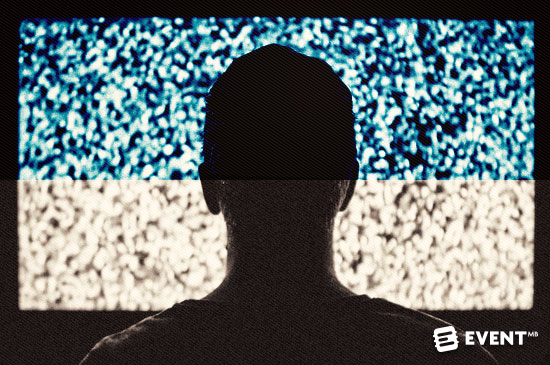TV has lost one of its biggest allies, events. Learn why the revolution won’t be televised, it will be livestreamed.
I am sure you cringed with me if you were based on the west coast of the United States and discovered that the Olympic ceremony was going to be displayed in a recorded version with an absurd amount of commercials interrupting every second of it.
While the whole web was concentrated tweeting and snapchatting about one of the biggest events of the decade, we were destined to wait for a suitable prime time.
That will be no more. NBC announced record profits despite lower ratings. If the same logic of advertising will be applied to event broadcasting, TV will soon be out of business.
The next in line are social networks. Facebook made a statement earlier this year that livestreaming is a big part of their future. Twitter is following along. Snapchat and Instagram offer live curation of events.
The revolution will be livestreamed.
Want Proof?
Here are just some of the recent developments in broadcasting rights and events that are clearly supporting a wider shift happening in our industry.
- Livestreaming politics keeps all citizens connected. The Republican presidential debate in the US was livestreamed. The 2016 United States State of the Union Address by President Obama was livestreamed by TIME. American democratic presidential candidate, Bernie Sanders, livestreamed an important speech to his supporters rather than televising it. Livestreaming allows politicians to broadcast to their supporters quickly and inexpensively. Because so many people are cutting the cord, it is necessary for political information to be provided across more modern mediums, such as livestreaming.
- Livestreaming deepens regular programming. The Country Music Awards (CMA) were livestreamed, or at least numerous websites claimed. These streams were all unofficial livestreams, except for a pre-show red carpet stream. Many event organizers are leveraging livestreaming to provide bonus or behind the scenes content to viewers even if the primary content is still televised.
- Livestreaming provides broadcast opportunities to niche events. Popular music festivals are being livestreamed as well, including Bonnaroo. Livestreaming opens up a new promotion method for niche events that would never be broadcast on traditional television.
- 360 Degree Livestreaming of Coachella and DNC Not only was music festival, Coachella, livestreamed on Youtube, but the second weekend was livestreamed in 360 degrees. The same happened with the Democratic National Convention. Viewers were able to have a 360 degree view of the event. Apparently Youtube is also experimenting with 360 degree sound.
- La Liga, Wimbledon and the NFL. One of the richest soccer tournaments, La Liga, recently announced that it will livestream one of its mateches on Facebook Live. Matches will be distributed worldwide and without geographic restrictions. Wimbledon was firstly shown by Twitter in a new display with tweets on the side. The NFL recently announced a similar partnership to livestream Thursday Night Football on Twitter once again.
Lots of Opportunities, Lots of Risks
Social networks are the ideal space for broadcasting events. If you watch series and comment with hashtags you know how powerful this combination is. There are a number of standalone apps that let you connect to TV shows to watch them together with your friends and comment the stream.
As early advocates of the use of hashtags at events, we know that social networks are the natural evolution of TV.
Sounds all great, not so fast.
Livestreaming has still a lot to prove. It wasn’t born in 2016. It has been around for a while. While massive events with massive budgets can take advantage of the livestreaming potential, smaller events have to come to terms with the idea of creating compelling and visually organized content.
The obituary of #eventprofs favorite Blab, brought to my attention by the very good Alex Plaxen, teaches a great lesson in how it is very easy to think you can just whack a camera on a few people talking and think we have a live stream for audiences. Not really. Livestreaming needs to be well designed, supported by great technology, and with an awesome content plan in place.
Also there are concerns about the dizziness of 360 degree videos, privacy of the audience involved, black screen intervals for simultaneous broadcasts with TV, fragmentation of different platforms with some of them – *coughs* Twitter *coughs* – creating even more confusion with multiple options (Periscope vs Twitter.com).
There is quite a road ahead
In Conclusion
Livestreaming has projected events back to where they belong, in front of millions of eager watchers on social networks. While TV may be dying, events are alive and kicking. The music industry has reset to make events its monetization. Sporting events are getting unprecedented global attention from audiences that can connect and discuss with each other.
The opportunities are clear to connect a remote audience. Happier sponsors, an incredible amount of content generated and involvement of virtual attendees.
I am sorry, but the future of events won’t be televised.
